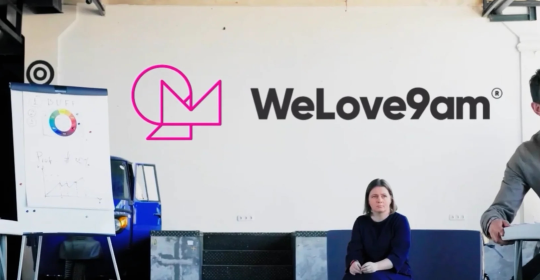The sixth round of the largest independent comparative survey of strategic human resource management is to be conducted this Spring in the UK, with a further 30 countries participating over the rest of the year.
The Cranfield Network (CRANET) survey, by the Human Resource Research Centre (HRRC) at Cranfield School of Management, will cover more countries than ever before with some 40,000 questionnaires being despatched to public and private sector organisations in 21 European countries and 10 countries outside of Europe.
It will investigate all aspects of human resource management (HRM) such as recruitment, training, pay, communication, flexible working, E-HRM as well as other general and factual changes and trends in the HRM activity of organisations.
Key findings from previous years' surveys have illustrated that people policies across Europe are worlds apart. Some of the results show that:
q UK organisations seem to share with their US counterparts a belief that working longer equals more output. In 1999, British companies led Europe in overtime with 25% still claiming to be increasing its use as a means of building flexibility into working practices. This long hours culture and presenteeism contrast with the more relaxed, flexible and balanced picture of mainland Europe.
q Although UK companies are increasingly acknowledging the benefits of outsourcing some HR activities, apart from training and development this is happening at only half the rate of our Belgian counterparts - the leader in this field of activity.
q In 1999 the UK business services sector was investing significantly more of their annual salaries bill (4.4%) on employee development than other sectors in this country. The average proportion spent on this activity in the UK was 3% compared to an EU average of 3.2%.
q Private companies fail to deliver family friendly benefits: in 1999 one third of public sector employers were offering workplace childcare compared to only 5% of private companies in the UK.
q The extent to which HR issues are considered as part of business strategy development is only moderate and has not improved over the decade (1989-99). Only about 50% of UK organisations place HR on the board of directors and involve HR from the outset in corporate strategy development.
Professor Shaun Tyson, Director of the HRRC at Cranfield points out: The research is becoming stronger all the time, not only in terms of the number and spread of top business schools and universities participating, but also in terms of the expertise and technology used to collect, analyse and disseminate the data.
By comparing this year's results with the previous five rounds of UK data collected over the last 14 years, we will be able to identify real and statistically valid changes and trends in HRM since the late 80's to give valuable knowledge and insight for government bodies, social partners, academics and practitioners as to what is really happening in HRM.
The credibility and importance of the research has been demonstrated by the interest and funding it has attracted from bodies such as the European Commission, the United Nations, European Foundation, the Chartered Institute of Personnel and Development, as well as private companies such as Mercers and PriceWaterhouse Coopers Ltd. It has been used as a source of reference, a foundation for further research and a reliable benchmark, as well as informing policy in the area of HRM.
Alan Wild from the International Labour Organisation confirms: The CRANET survey is unique in combining contemporary, comparative data from more than 30 countries with historic benchmark data over 14 years of changing human resource priorities and practices. Their network of excellent business schools and universities, each with their own national panel of HR practitioners, ensures that the information is collected and interpreted by people who really know what is happening on the ground.
For further information about the CRANET surveys please contact Sarah Atterbury, the CRANET co-ordinator, on 01234 751122 ext 3752.
International HR survey to be repeated

CRANET





